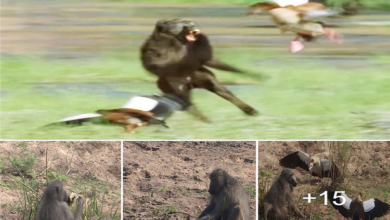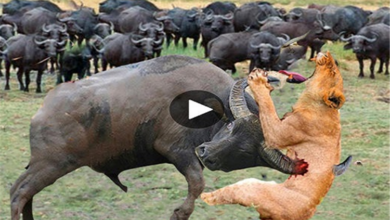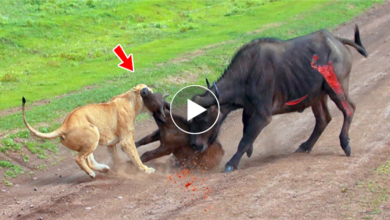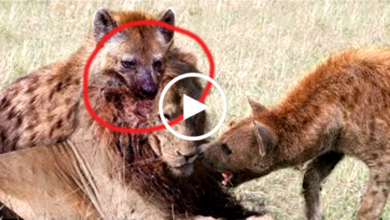Woman who broke into a zoo’s monkey enclosure may have contracted deadly herpes virus

An intruder who broke into a monkey enclosure to fish coins out of a moat may have contracted a deadly form of herpes.
The female intruder leaped the fence on Tuesday night to steal money which visitors throw into the water for good luck at the City Park facility in Launceston, Tasmania.
Authorities are concerned the woman may have contracted a potentially fatal strain of herpes B virus which monkeys can shed in the water.

Japanese macaques, also known as snow monkeys, have long been a popular feature of the zoo.
‘The virus can be asymptomatically shed by the monkeys through bodily fluids and ‘fomites’ – that is, any material that has come into contact with the virus, which includes the water in the enclosure,’ Launceston mayor Albert Van Zetten said.
‘The virus is not considered a risk to the monkeys, and exhibits symptoms similar to that of cold sores in humans.
‘However, it is potentially fatal to humans, with more than 30 known deaths recorded worldwide, with only one confirmed case of human-to-human transmission.’
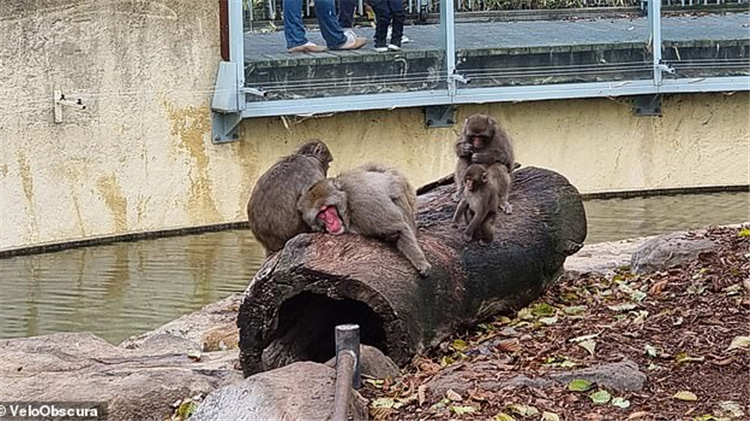
‘The majority of macaques around the world carry the virus and there is signage at the enclosure stating that the monkeys are infected.’
Common symptoms of the virus include: blistering, pain, numbness near the infection point, flu-like symptoms (fever, muscle aches, headache, and fatigue), respiratory distress, encephalitis and neurological dysfunction.
The intruder who was captured on CCTV has been urged to seek medical attention immediately.
Mr Van Zetten said Tasmania Police and the Tasmanian Department of Health ‘have been advised of the break-in’.
‘We ask that anyone with information regarding the break-in contact Tasmania Police immediately,’ he said.
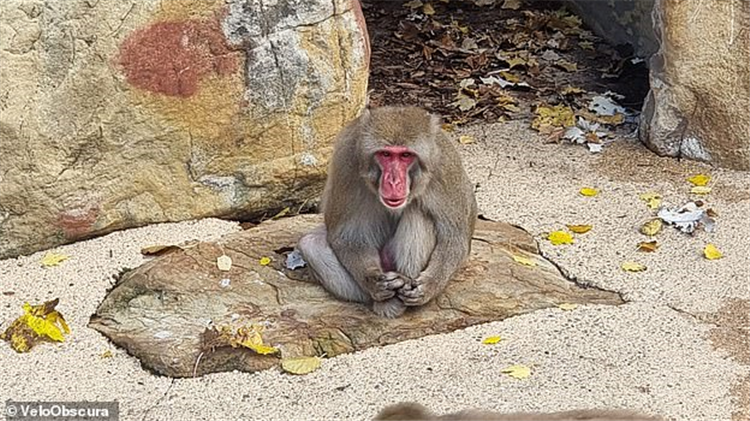
The 20 macaques were given to Launceston in 1980 by Japanese sister city Ikeda and they were sent 20 wallabies in return.
Council had considered putting the monkeys down in 2000 when 11 of them were infected with herpes B but the community backlash put a stop to that idea.
It was decided the risk to humans was low and so the much-beloved monkeys were left to get on with their business.

